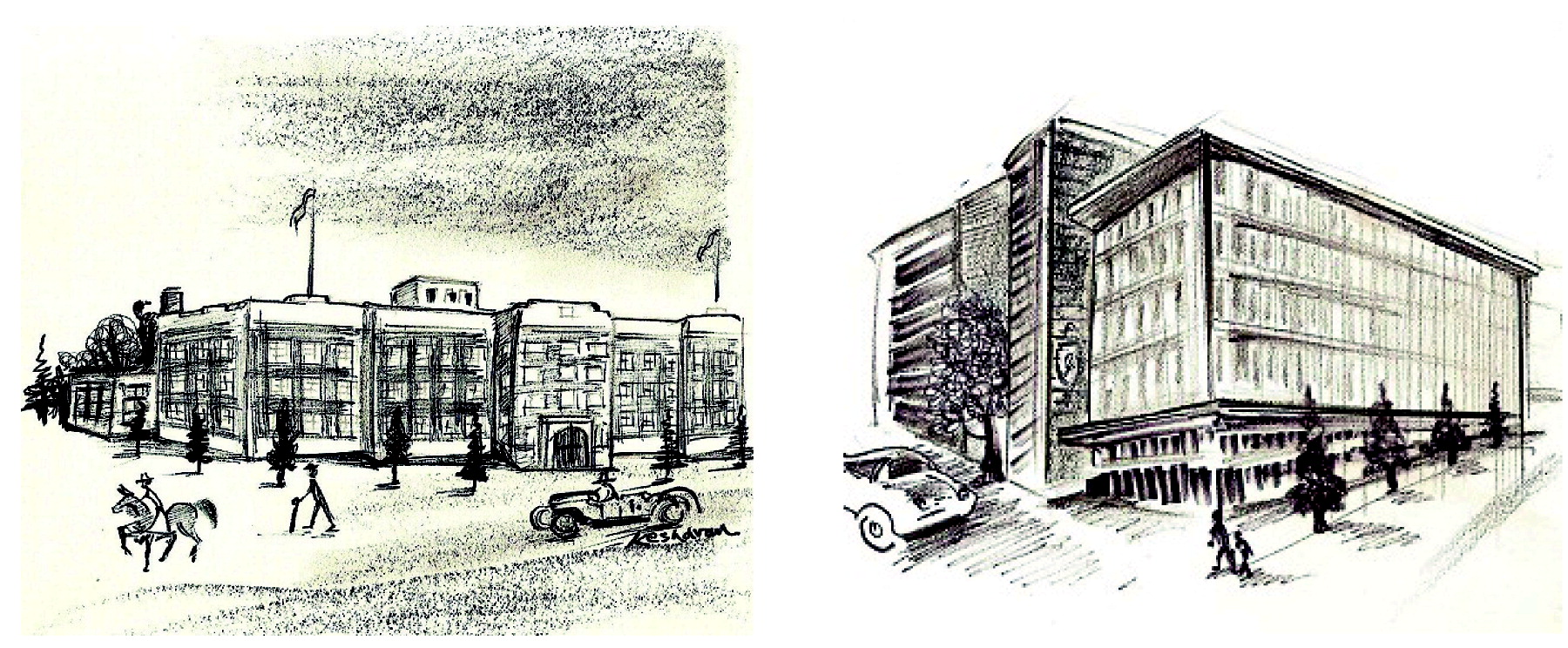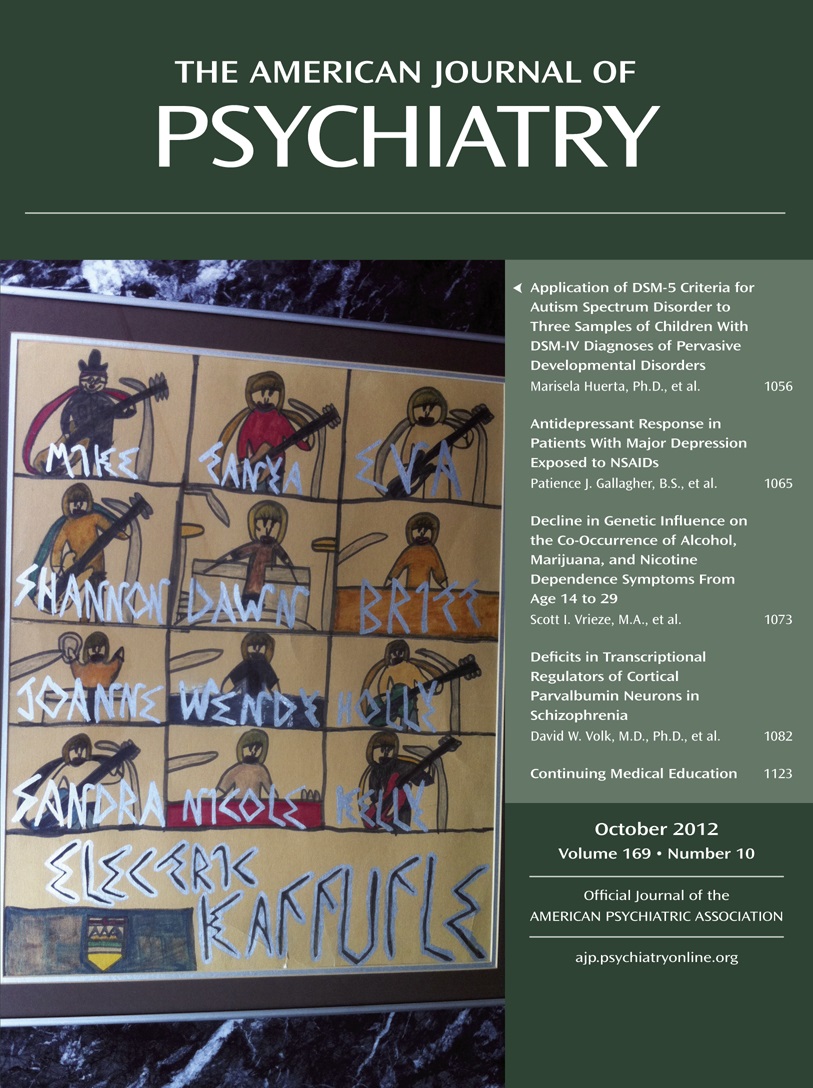The Massachusetts Mental Health Center (MMHC) recently reopened near its original site in Boston after 8 years of temporary relocation, exactly 100 years after its creation in 1912 (
1).
The MMHC (originally the Boston Psychopathic Hospital) was created as a partnership between the Massachusetts Department of Mental Health, charged with the care of severely afflicted individuals, many of them newly arrived immigrants with no family or financial supports, and Harvard University. Its original mission was to treat the acutely ill and to send the more chronically and severely ill patients to nearby state hospitals. As a Harvard-staffed institution, however, it developed programs of humane care using the then-prevalent models of psychoanalysis and psychobiology, family treatment, and social work. MMHC became one of the country’s leading centers for mental health training; many MMHC trainees went on to become department chairpersons, directors of the National Institute of Mental Health, presidents of professional societies, and leading mental health researchers and administrators. The Nobel laureate Eric Kandel said in 1988, “Had I not trained…in psychiatry (at MMHC) I most likely would not be working on the problems I now work on and love” (from unpublished commemoration). However, by 2003 the deteriorating building was closed and the clinical services moved to a distant public health hospital. The academic fabric and MMHC’s vision appeared tattered and the future uncertain.
As one MMHC client said, “The storm doesn’t last forever.” Fortunately, a unique private/public partnership involving the city of Boston (represented by the Mayor, who insisted on returning MMHC to its original location), the Commonwealth of Massachusetts, MMHC clients, advocates, the Brigham and Women’s Hospital, other academic partners, and Mission Hill neighbors began to collaborate on rebuilding MMHC on or near its original location in the Harvard-Longwood medical area. In November 2011, two new MMHC buildings opened. One is for a partial hospitalization program and a transitional shelter program for mentally ill homeless men and women. The other is the main building, which provides outpatient treatment, research and training programs, and an innovative medical clinic to serve MMHC clients living with chronic mental illness. The original library has also been recreated. MMHC’s renewed vision seeks to bring together public sector psychiatry, university-based teaching, and translational neuroscience research with a focus on evidence-based and early interventions for serious mental illness, while maintaining the humane and compassionate approach to care MMHC has always emphasized.


